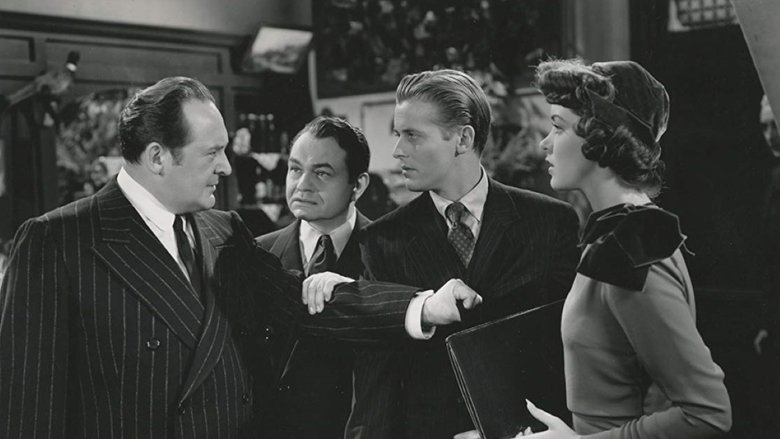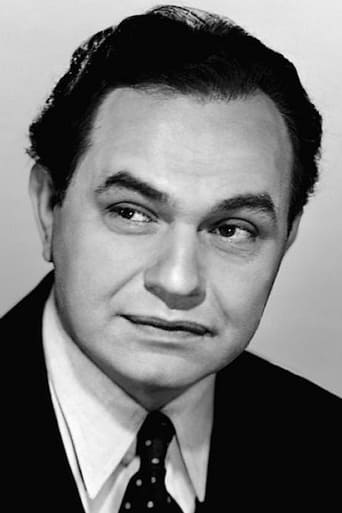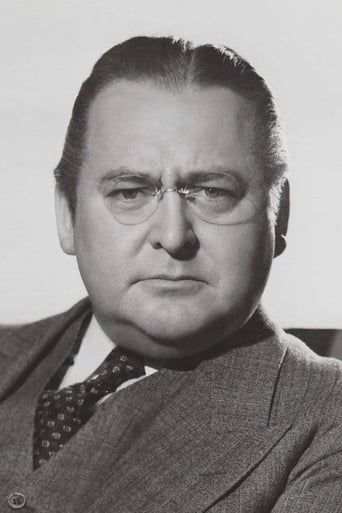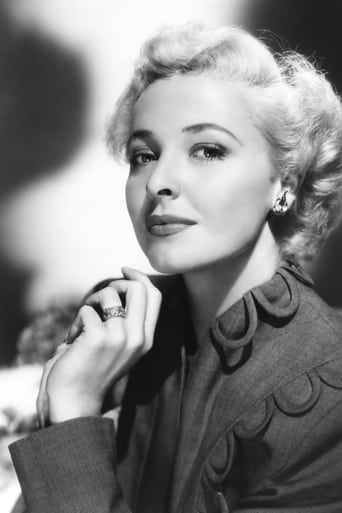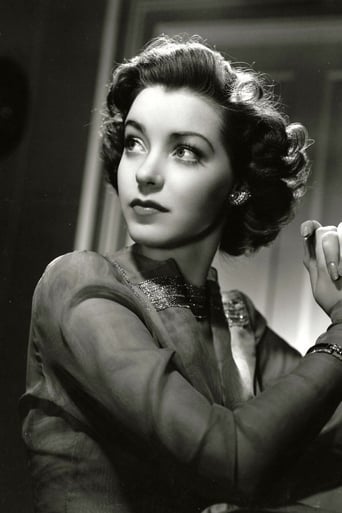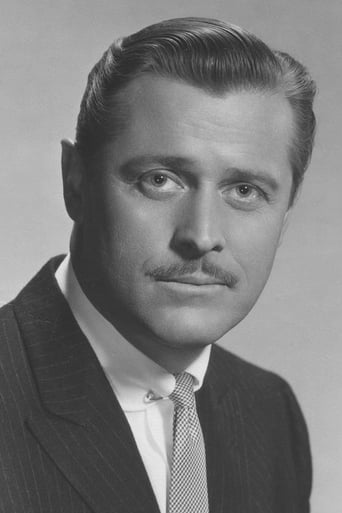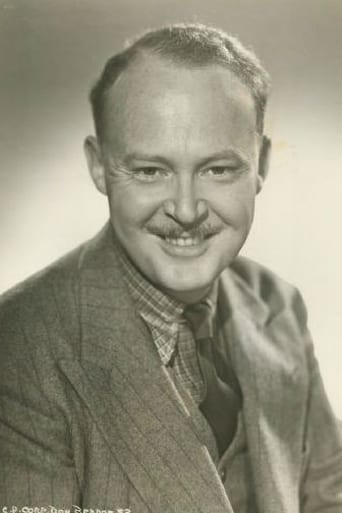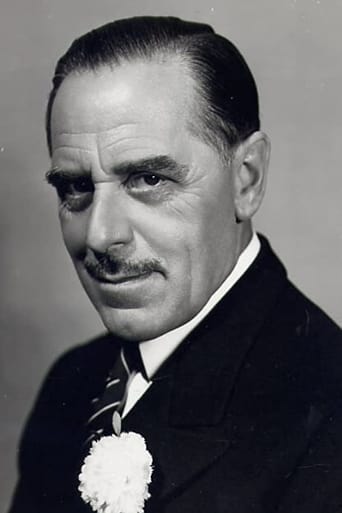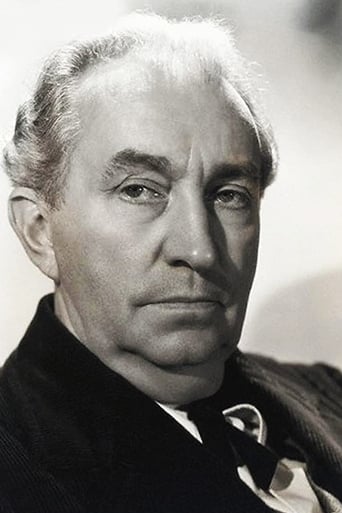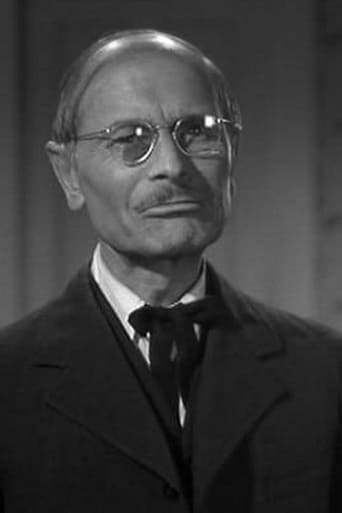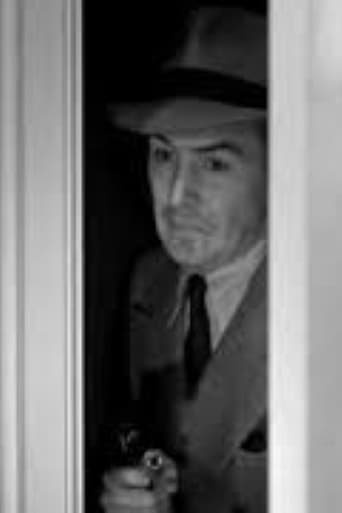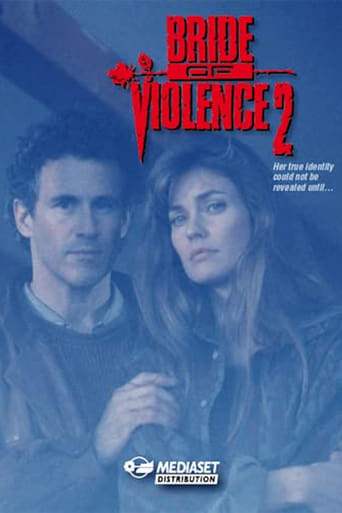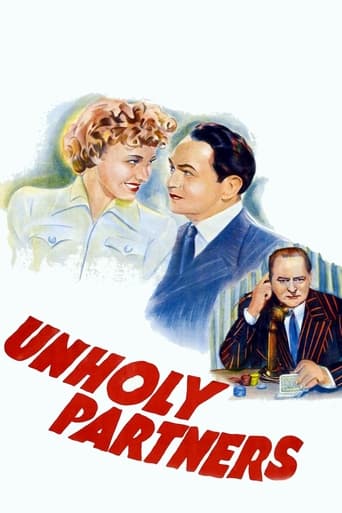
A crusading newsman starts up a tabloid with a gangster as his 50-50 partner.
Similar titles
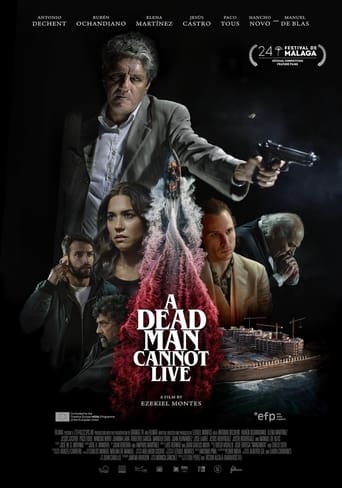
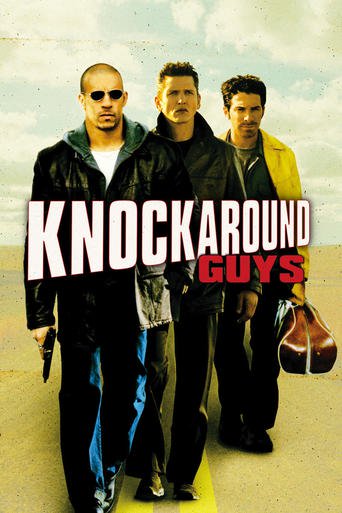
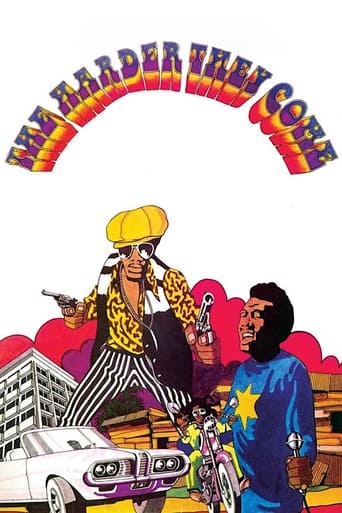
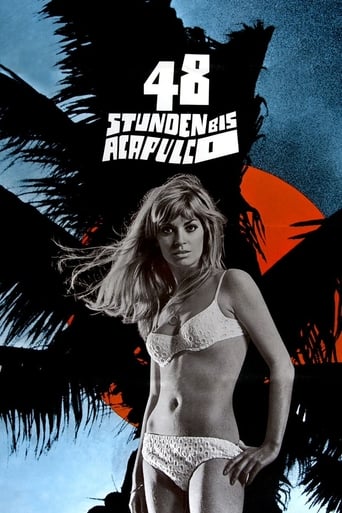
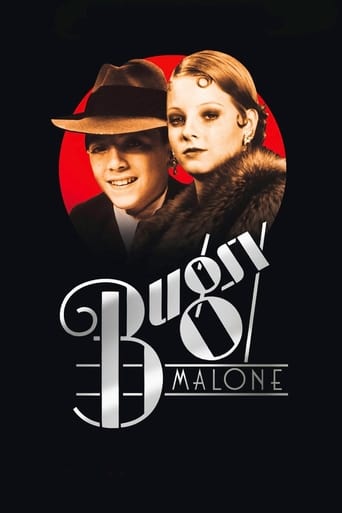
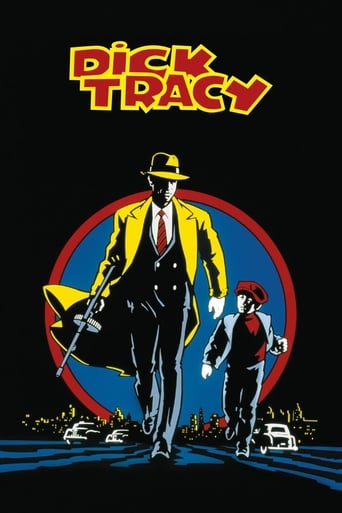
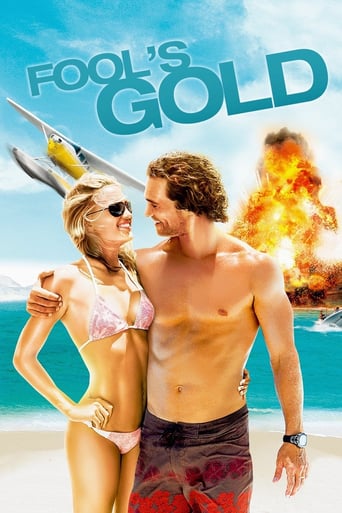
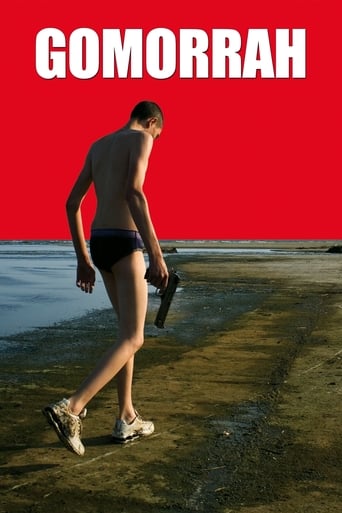
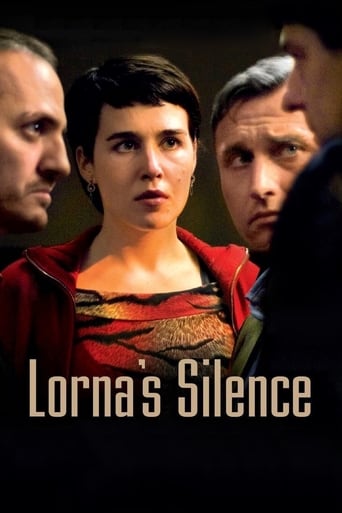
Reviews
Undescribable Perfection
It's entirely possible that sending the audience out feeling lousy was intentional
Tells a fascinating and unsettling true story, and does so well, without pretending to have all the answers.
It really made me laugh, but for some moments I was tearing up because I could relate so much.
The First Act of this mish mashed Movie is a rapid-speak "Newspaper Man" cliché with a hyped up, frantic pace that reminds one of the Screwball Comedies. The Second Act is a darkly lit and appropriately seedy looking foray into the Underworld of the Roaring Twenties. The Third Act is a Soul Searching Melodrama with much Romance and overwhelming syrupy Music and sombre revelatory Redemption.The Second Act works the best. The shadowy Cinematography and the Good vs Evil confrontations are superb. There are some Philosophical exercises and suspenseful Scenes. It is here where the Acting ceases to be overplayed and the Characters and situations seem believable.There is never a sense in the Movie as a whole that this takes place in the 1920's. It is so void of Period, OK maybe the Cars, that it is quite the failure on the Makeup, Wardrobe, and Set Designers. It does give a hint at the Newspaper "Game", and the Post-World War One Sociological and Media changes, but not enough to make this anything more than a passable and pedestrian Entertainment with a surprising lack of insight or reflection on its Subject Matter.
Another great Edward G. Robinson performance in an entertaining film about a hard driven newspaper man,with fine performances all around. However,what gets me is this: Why place a film in a period setting and ignore aspects of that setting? In this case,this 1941 film was set in 1919. Besides a few indiscretions like inappropriate hairstyles on the women,at one point Marsha Hunt sings After You've Gone in a 1940's swing style with a big band(this is at about 15 years before the "Big Band Era"!) Funny...this film was made only twenty years after the story takes place...no one remembered what things were like? I am reminded of a similar problem(although much worse)in the Gene Krupa Story,where we had "boppy"soloists in the "twenties"! If film makers want contemporary hairstyles,music,etc.,why make a period film?
I saw this movie over twenty years ago, but it remains somewhat more memorable for the speed and sureness of it's directing and acting, particularly the dynamite pairing (I believe the only time it happened) of Robinson and Arnold. Theirs, as it turns out, is an unholy partnership, with Arnold slowly realizing that his control of a major newspaper would give his criminal economic power a tremendous boost, and Robinson slowly realizing the responsibility of a newspaper is more than just ballyhoo and gossip (would that a certain current newspaper tycoon would learn this - but he won't). Inevitably the partnership ends violently, with Robinson left in a very, very peculiar position of knowing too well who killed his partner.Unfortunately, Mervyn LeRoy's film was smothered in 1941 by Orson Welles' first masterpiece (and greatest film?) CITIZEN KANE. But though Kane does show how a newspaper empire is built (and almost lost) by Kane, that film is actually a look at a flawed "great man", and the problem of how people remember the man's actions. This space is not adequate to go into the plot of KANE (or it's technical brilliance), but one should only note that Charles Foster Kane's ego also involves grasping at a political career aimed at the White House, marrying two women (and losing both of their love for him), building an opera house and failing to control public views on culture, and building a modern version of a pyramid as a final monument to that ego. The many sides of the character of Charley Kane keep our attention with repeated viewings, but such a depth is not found in LeRoy's film. This does not dismiss the LeRoy film as a failure, but relegates it to an entertaining movie only.The interesting thing is that UNHOLY PARTNERS has (like KANE) a basis in fact. KANE is based (whether Welles admitted it or not) on the life of William Randolph Hearst, with his political interests and his social pretensions. And yes, Susan Alexander is a nasty swipe at poor Marion Davies. But in UNHOLY PARTNERS, the newspaper is based on THE NEW YORK MIRROR, a tabloid that popped up in the 1920s, and lasted into the 1960s (I remember reading it's Sunday comic sections in my first eight years). The newspaper was edited by Phillip Payne, who loved spreading scandalous stories to sell his paper. He also enjoyed ballyhoo - stories about aviators, channel swimmers, murder cases, baseball and football stars, actors and actresses - you did not read THE MIRROR to get an intelligent political viewpoint. He is not known for having any criminal partner, but the Arnold character is clearly based on Arnold Rothstein, the man who fixed the 1919 World Series, and was known as "the big bankroll" being the contact man between Wall Street and the underworld. In 1928 Rothstein was shot to death in a hotel elevator, and the crime was never solved. That same year, like Robinson's character, Payne was killed when a plane he was flying across the Atlantic crashed into it.
This fleet and raffish newspaper melodrama was released the same year as Citizen Kane and in its far more modest way is almost as much fun. Like Kane (and dozens of 30s potboilers before it, most churned out by ink-stained wretches come west for a piece of the Hollywood action), it's a cautionary reminder of the roughhouse beginnings of the Fourth Estate.Reporter Edward G. Robinson, overseas winning The Great War, started a peppy servicemen's paper The Doughboy. When he returns to New York, he wants to run the same sort of rag a tabloid for the straphangers. `The war's done things to people,' he tells his old-school editor. `We've made life cheap. and that makes emotions cheap...There's no privacy left...Keyholes are to look through.'But getting start-up money proves hard, and he ends up striking a bargain with big-time gangster Edward Arnold, who'll stay the silent partner. But when Robinson's let-the-chips-fall-where-they-may style threatens Arnold's interests, the partners become adversaries. `What people want to put in papers is advertising,' Robinson lectures Arnold. `What they want to keep out is news.' After Arnold tries to strong-arm his way into control of the paper, Robinson vows to put him out of business.LeRoy was an old hand at filming quick-and-dirty dramas that rested, however lightly, on timely social issues. So he predictably does as well (if not a mite better) as he did a decade earlier with Robinson in Five Star Final. Other players include Laraine Day, Marsha Hunt and William T. Orr, but Robinson and Arnold dominate, as they should. The story takes a clumsy and fanciful turn or two near the end (with Robinson suddenly delivering a reverent paean to the press at odds with everything he stood for), though even these twists echo big stories of the roaring 20s. The closing sentiment of Unholy Partners, however, is a dubious one: That the `tabloid age is over.' A pass through the supermarket checkout aisle or a few clicks of the television remote show how laughable that prediction was.
Top Streaming Movies











